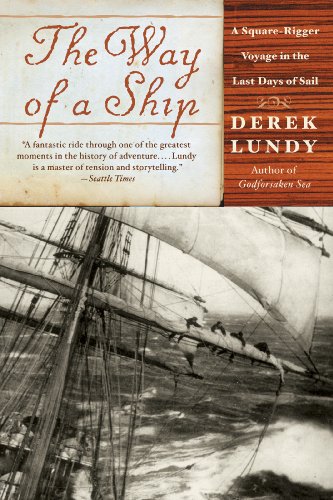Merriam-Webster added 455 words to their dictionary last month, both new terms and new definitions. Because gets a new meaning as a preposition, “often used in a humorous way to convey vagueness about the exact reasons for something,” as in, “She drove all night because Daryl.” A new word is copypasta, something that has been spread around online.
Also new are deplatform, digital nomad, Oobleck, zero day, fluffernutter, and ghost kitchen.
Michael De Sapio describes the moral imagination of Graham Greene’s Our Man in Havana, a spy comedy. “Dana Gioia writes that Catholic fiction, contrary to what a secular reader might expect, ‘tends to be comic, rowdy, rude, and even violent.’ This is true of Our Man in Havana, which jostles us through brothels and nightclubs and striptease houses, conveying the dinginess of a decaying city side-by-side with the sanctity of the Church. The comic juxtaposition of the sacred and the profane points up the duality of human nature in the most visceral way possible.”
Speaking of Cuba, playwright Garcia Aguilera, who has been promoted by the government in the past, is now calling for political reform and peaceful protest. He has become what Cuban officials call a “counterrevolutionary.”
“In his Dictionary, Dr. Johnson defines smile as ‘a slight contraction of the face.'” Yeah, but there’s more to it than that.
Allergies of the Gondolier, as told by Damian Balassone
“From the monstrous canals of his nose
a tsunami of mucus arose.”
Marvin Olasky summarizes John Frame’s A History of Western Philosophy and Theology. “In discussing early Christian philosophers, Frame criticizes those who have an insufficient sense of antithesis between Christian and Greek philosophy. Frame states that ‘the attempt to make Christianity intellectually respectable, and therefore easy to believe, is one of the most common and deadly mistakes of Christian apologists and philosophers throughout history.'”
Photo: Texaco gas pumps, Milford, Illinois, 1977. John Margolies Roadside America photograph archive (1972-2008), Library of Congress.
Like this:
Like Loading...





